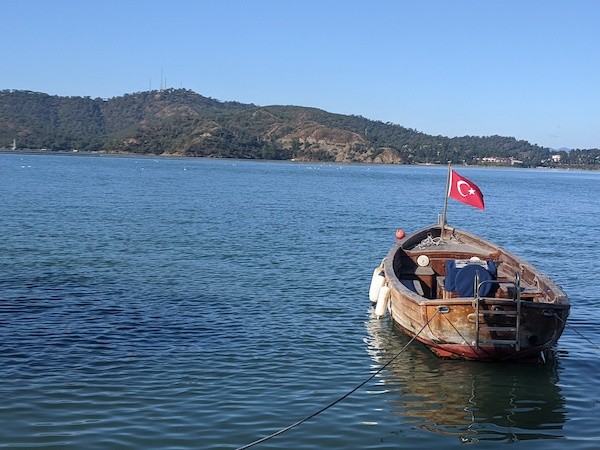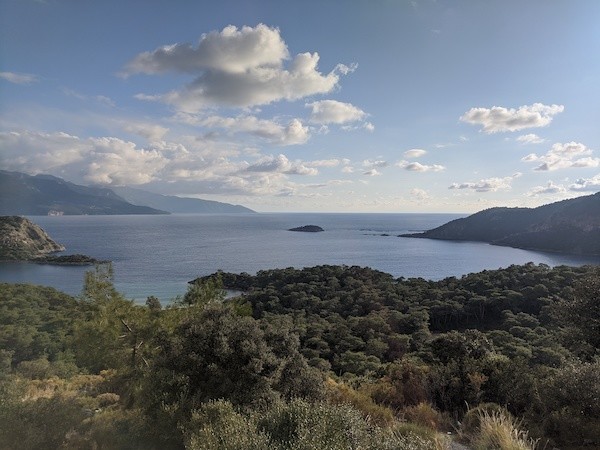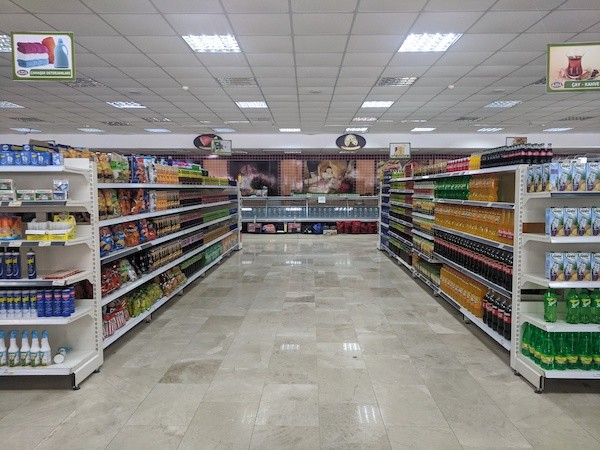About once a year I make a pledge to myself that I’m going to spend more time writing and reflecting openly. I pledge to pontificate about not only the work I’m doing, but the other work I’m doing. The other work being the human journey towards self actualization and philosophically adept “moral” living – or whatever it is people who spend a lot of time trying to figure out the human experience call it.
Each year, usually in January (ahem), I stick some random post on the Internet (like this) and then my internet friends encourage me to write such things more or it’s a shout in the dark and no one cares. Then I, inevitably, quit writing things publicly because I get busy or I stop thinking that my writing either matters or is wise. I go back to writing notes in books 3, 4 and 5 and tell myself it’s ok not to post regularly, I do enough in life.
Frankly, it might be a bit self flagellating, this sort of existential and reflective habit. I’m not sure, but here we go again.
Spontaneous travel

To disengage and recover from the year and the holiday hullaballoo, I booked a spontaneous trip to Turkey. This is a country I’ve visited several times and each time I develop a new appreciation for. I’ve been to Istanbul and Izmir and done the obligatory tours of Ephesus and Pergamon in previous trips. At this point, I return to Turkey not for the tourist attractions, but because I love the food (meze!). The landscape is incredible, and the honest, hardworking people are overwhelmingly friendly. The sea is incredible. The old stones lost in the countryside ignite my imagination.
I was traveling, you see, not work traveling just traveling, and I found myself unplugged. I chose a degree of disconnectedness, not paying for data and relying on a cached map and sparse wifi. I found myself thinking about whether intuition is a skill that can be honed and/or forgotten. I’m wondering how to deal with conflicting intuitions and acting on behalf of the greater good.
How do you choose where to go?
With the boom of the internet travel industry and the climb of Trip Advisor, Airbnb, Booking.com and other crowd-sourced reservation, rating and description platforms, we’ve started to rely on the public’s opinion of a particular locale or service. We make sure a place has at least X number of stars. We read the 10% bad reviews over the 90% good reviews. It’s not just restaurants, hotels and activities we judge in this way, but books, music, art.

We research and weigh our options, rationalizing each and every decision. We look not only at cost, but reputations that are not necessarily earned but given. Hundreds or thousands of random people tried the thing that we haven’t tried yet, and they left a review.
Everything has a review. Yet we often don’t look past the review and study the reviewer. We often ignore the context of an opinion, making broad sweeping statements that reflect neither reality nor what might be best for us. We add everything up into little stars, and then we go to the places that others have deemed worthy of our attention. We garner attention by going to places that we can then say we’ve been to. We see things through the camera on our phone, and then we post our evidence, usually giving a giant corporation all rights to use our content for whatever reasons in perpetuity. We pretend like our content contributions are different. Our experience was somehow special. Our lives are special. People waiting to be rewarded for providing the thing that makes these platforms interesting.
Who is responsible when the shop looks apocalyptic?
Have we been thinking about how detrimental our crowd sourced popularity contest might be? A couple of bad reviews can lead local businesses to crash. Manufactured fear or media bias can, and are, leading to the destruction of entire local economies.

My intuition has long told me that it is a useful endeavor to not only reject the games of capitalism, but to actively work against them. This is part of the reason I prefer to work in the realms of open source and non-profit – to redistribute wealth and power away from shareholders and towards the collective. And yet I often find myself conflicted about how to redistribute wealth and power. Do my actions ultimately help or hurt?
To rate or not to rate?
Livelihoods are being centralized in corporate platforms. I do not believe it is the function of a healthy market economy when bias rating systems and flawed platform designs determine the survival of a business. I do not wish to provide these corporations with more of the thing that gives them wealth and power (our opinions, our content, our intellectual labour), yet local businesses in far off places might literally survive based on their ratings.
I also want to protect my privacy and prefer not to tell the internet where exactly I’ve been, yet my five stars might change someone’s fate by disturbing a status quo. Maintaining anonymity is perhaps more effort than I’m willing to make. My rating might not sway anyone anyway.
Somehow this all brings me back to intuition. The feeling of pleasant surprise is linked closely to the use of my intuition, as is my sense of adventure. I am in my current intellectual conflict because my intuition caused me to go off-road, again. My intuition also says that my refusal to contribute to ratings and reviews won’t influence the fates of the perfectly lovely small businesses I frequented over the holidays. I am just a speck of dust in the dataverse, surely someone else will save them.
So? Thoughts?
Yes!!! I love your heart on this. Intuition is everything and it invites the magic of the universe around us to participate in our lives. Keep the sense of adventure and magic in 2020!! Also…your voice is desperately needed so keep using it on any platform your intuition leads you to share it.